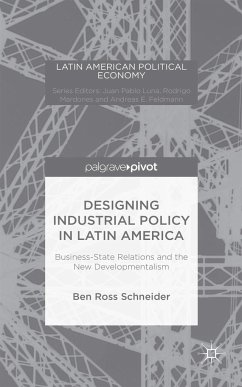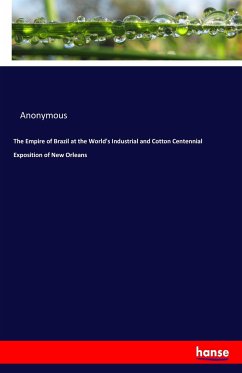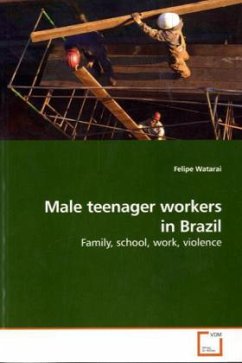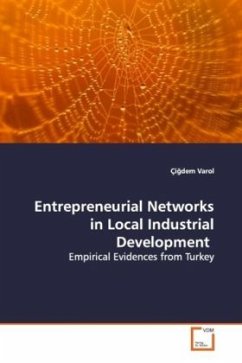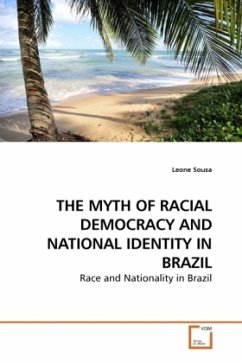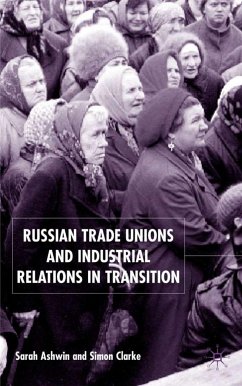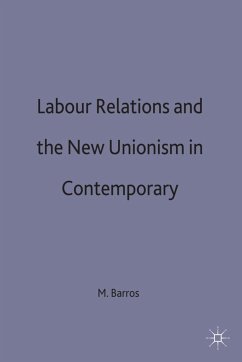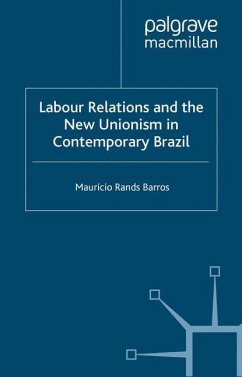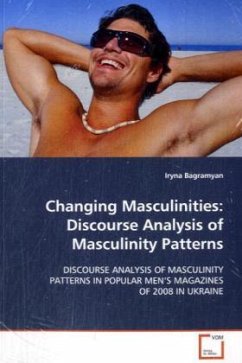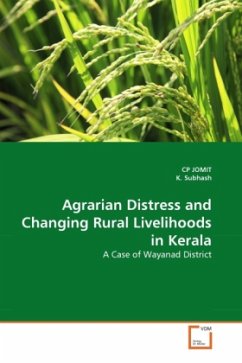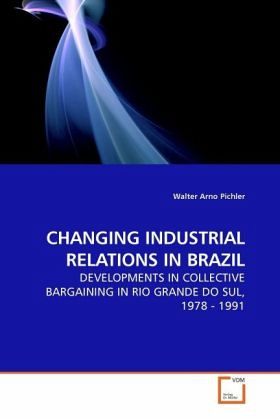
CHANGING INDUSTRIAL RELATIONS IN BRAZIL
DEVELOPMENTS IN COLLECTIVE BARGAINING IN RIO GRANDE DO SUL, 1978 - 1991
Versandkostenfrei!
Versandfertig in 6-10 Tagen
52,99 €
inkl. MwSt.

PAYBACK Punkte
26 °P sammeln!
The Brazilian authoritarian corporatist system, set up in the 1930s, was characterized by an extensive state interventionism over labour relations. The law became the main source of employment rights, while collective bargaining evolved into a marginal means of regulation of industrial relations. New developments during the 1980s political liberalisation, decline of the economic development model based on the import substitution of industrialised goods, and the revival of trade union movement led authors to speculate that corporatism has survived, or that the system was in transition towards p...
The Brazilian authoritarian corporatist system, set up in the 1930s, was characterized by an extensive state interventionism over labour relations. The law became the main source of employment rights, while collective bargaining evolved into a marginal means of regulation of industrial relations. New developments during the 1980s political liberalisation, decline of the economic development model based on the import substitution of industrialised goods, and the revival of trade union movement led authors to speculate that corporatism has survived, or that the system was in transition towards pluralism or that corporatism was dead. This book tests these ideas by analyzing the evolution of collective bargaining during the 1980s and its significance. The outcome of this research is that the assumptions of the literature are partially confirmed. It is rather posited that the current Brazilian system is no longer state corporatist and that it should be classified as a statutory-bargained industrial relations model. This study may be of interest to academic researchers, trade unions, as well as of decision makers in governments and transnational corporations.



